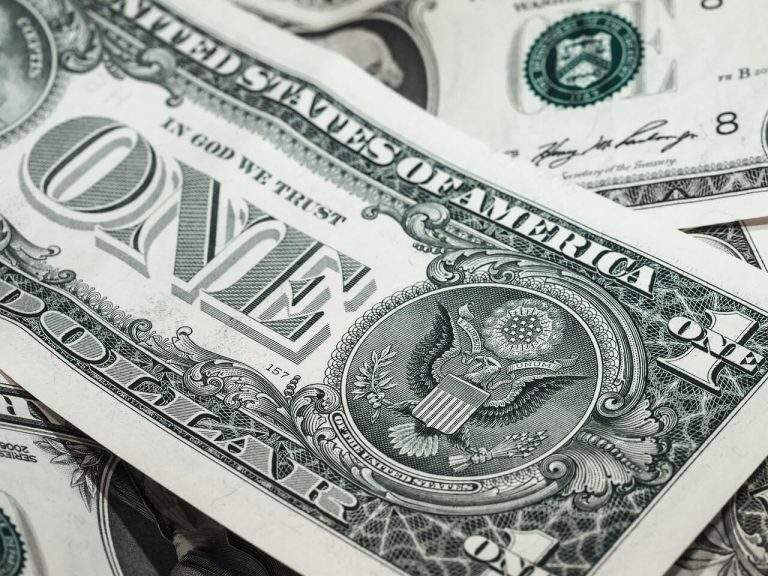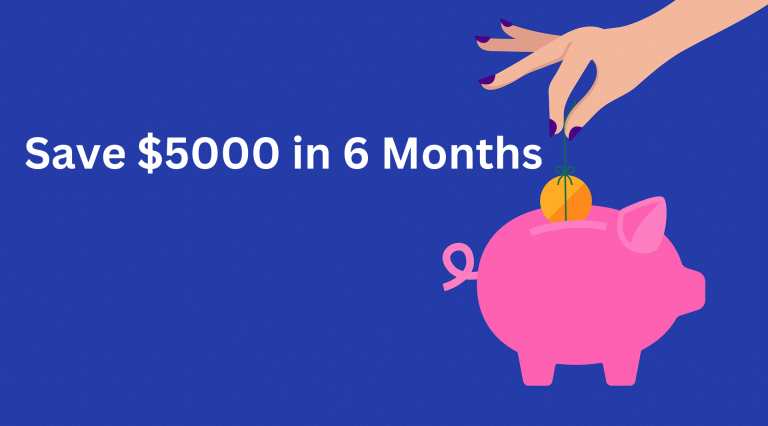Credit Card Debt Consolidation: Is It Right for You?
Struggling with multiple credit card payments? Learn how credit card debt consolidation can simplify your debt, lower interest rates, and help you regain financial control. Find the best strategy for you today
Credit card debt can easily become overwhelming, especially when juggling multiple high-interest balances. Many people struggle to keep up with payments, leading to financial stress and long-term debt accumulation. If you find yourself in this situation, credit card debt consolidation may be a solution worth considering.
Debt consolidation can help you simplify repayment, reduce interest rates, and lead to a clearer financial freedom through the combination of multiple credit card balances into a single payment. However, before choosing this approach, it’s essential to understand how it works, its benefits, and whether it aligns with your financial goals.
What Is Credit Card Debt Consolidation vs. Refinancing?
When dealing with high-interest credit card balances, two common strategies people consider are credit card debt consolidation and refinancing. Though they may seem similar, they serve different purposes.
- Credit Card Refinancing:
This involves transferring your available credit card balance to another card with a lesser interest rate, typically through a balance transfer card. It helps reduce interest costs and allows for more manageable monthly payments.
- Debt Consolidation:
This strategy involves combining multiple credit card outstanding balances into a single loan or payment schedule, usually with a lower interest rate than the original debts. It simplifies repayment and may reduce overall financial burden.
SEE ALSO: How Financial Coaching Can Help You Reach Your Goals
SEE ALSO: How to Save $5000 in 6 Months: A Step-by-Step Plan
SEE ALSO: 9 Massive Tax Planning Strategies for Small Business Owners [You won’t Believe No. 6]
Benefits of Debt Consolidation
Debt consolidation can be an important tool for managing your finances. Here are some key advantages:
- Lower Interest Rates – Consolidation loans often come with lesser interest rates compared to credit cards, helping reduce overall debt costs.
- Simplified Payments – Instead of keeping record of multiple payments and due dates, debt consolidation allows for a single monthly payment.
- Faster Debt Payoff – With a detailed repayment plan and reduced interest, you can eliminate debt more quickly.
- Improved Credit Score – Making quick payments on a consolidation loan can improve your credit score over time.
- Reduced Stress – Managing a single loan can ease financial anxiety compared to juggling multiple credit card balances.
Debt Consolidation Pros and Cons
Pros:
- Potentially lower interest rates
- Single payment instead of multiple bills
- Fixed repayment schedule
- May improve credit score with on-time payments
- Less financial stress
Cons:
- It may require good credit to qualify for the best rates
- Some options involve fees (e.g., balance transfer fees, origination fees)
- Risk of going back into debt if spending habits don’t change
- Lengthy repayment terms may result in higher overall interest paid
How to Choose a Debt Consolidation Option
There are several debt consolidation methods available, and choosing the right one depends on your financial situation.
1. Balance Transfer Credit Card
- Ideal for those with excellent credit scores.
- Offers a 0% introductory APR for a set period.
- Requires a balance transfer fee (typically 3%-5%).
2. Personal Loan for Debt Consolidation
- Fixed interest rates and predictable payments.
- Suitable for individuals with a consistent income and good credit.
- May include origination fees.
3. Home Equity Loan or HELOC
- Uses home equity as collateral, often offering lower rates.
- Risk of losing your home if you default.
4. Debt Management Plan (DMP)
- Offered by nonprofit credit counseling agencies.
- Helps negotiate lower interest rates with creditors.
- Usually requires closing credit card accounts, affecting credit scores.
5. 401(k) Loan
- Borrowing against retirement savings.
- No impact on credit score.
- Risk of retirement fund depletion and penalties for non-repayment.
How to Consolidate Debt
If you decide that debt consolidation is right for you, follow these steps to get started:
- Assess Your Debt: Calculate your total credit card debt, interest rates, and monthly payments.
- Check Your Credit Score: An excellent credit score improves your chances of securing lower interest rates.
- Compare Consolidation Options: Consider different methods and choose the one that best fits your financial situation.
- Apply for the Chosen Option: Whether it’s a balance transfer card, personal loan, or other method, complete the application process.
- Use the Loan Wisely: Pay off existing credit card balances immediately and avoid accumulating new debt.
- Stick to a Budget: Make regular payments and adjust spending habits to prevent falling into debt again.
Can I Still Use My Credit Card After Debt Consolidation?
It depends on the method you choose:
- when using a balance transfer credit card, you can still use it, but accumulating new debt defeats the purpose of consolidation.
- If you take out a personal loan, your credit cards remain open, but responsible usage is key.
- If you opt for a debt management plan, your credit accounts may be closed, preventing further use.
What Is the Difference Between Credit Card Refinancing and Debt Consolidation?
Credit card refinancing and also debt consolidation are both debt relief options, but they have key differences:
- Credit Card Refinancing – Focuses on transferring balances to a lower-interest credit card to reduce short-term interest costs.
- Debt Consolidation – Involves taking a loan or enrolling in a structured repayment plan to combine multiple debts into one.
Can You Get a Credit Card After Debt Consolidation?
Ofcourse, you can get a credit card after debt consolidation, but approval depends on your credit score and financial history. Some considerations:
- If you’ve maintained good credit and made timely payments, getting a new credit card shouldn’t be an issue.
- If credit card debt consolidation involves closing accounts, your credit score may drop temporarily, making approval harder.
- It’s essential to use credit responsibly to avoid falling back into debt.
CONCLUSION
Credit card debt consolidation can be a brilliant financial move if you’re struggling with multiple high-interest balances. By understanding your options, choosing the right consolidation method, and making disciplined financial decisions, you can work towards a debt-free future.
Before going forward, ensure you evaluate your financial situation and select the best strategy to regain control over your credit card debt. If necessary, you should seek professional financial advice to ensure you make the best decision for your long-term financial well-being.







